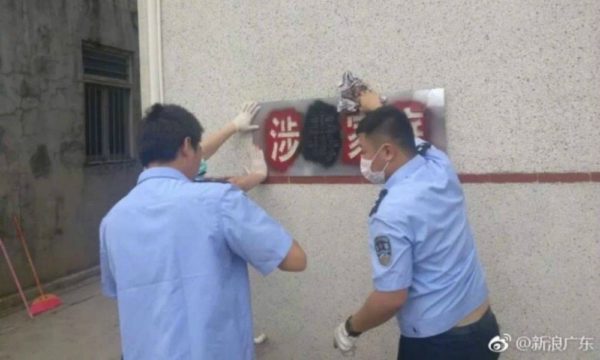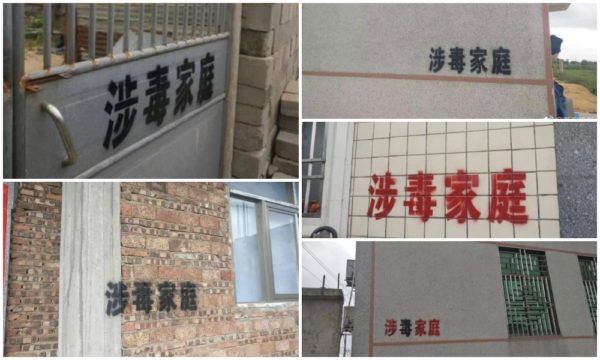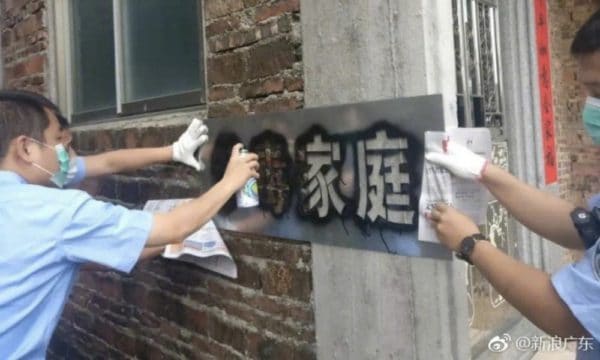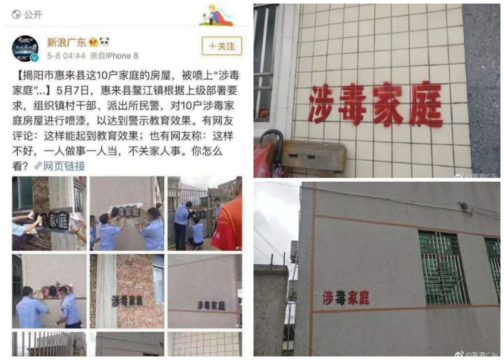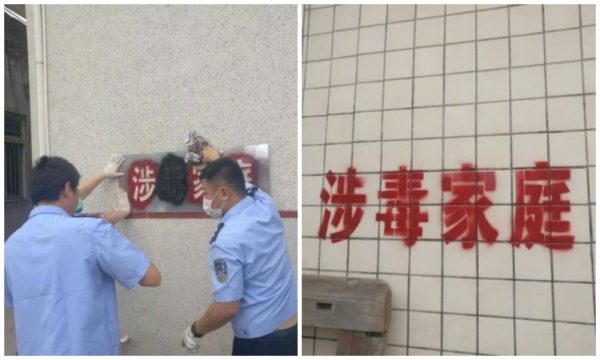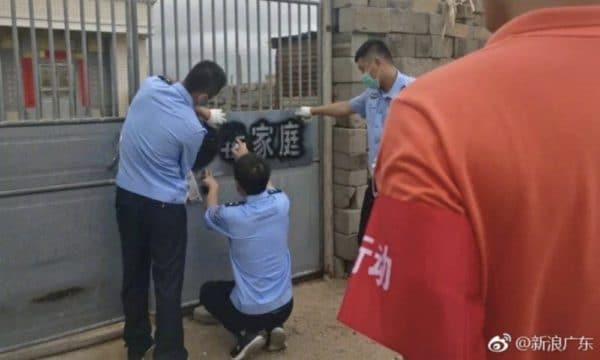🔥 Quick Take: Trending in China – Week 18
This is a brief update from our curated roundup of what’s trending in China this week. A version of this story also appears in the Weibo Watch newsletter. Subscribe to stay in the loop.
An enormous fire that happened at a restaurant in Liaoning’s Liaoyang on the afternoon of April 29 (see video) has gone top trending on Chinese social media, mainly due to the fact that it caused so many fatalities.
By 7pm, Chinese official media reported that the fire, which happened at 12:25 in the city’s Baita district, had killed 22 people. Three people were injured.
The fire started on the second floor of the restaurant Sanli Chuniang (三里厨娘/Sanli Chef’s Daughter) on Minzhu Road (民主路) and quickly spread throughout the entire two-story brick-concrete structure, which covers an area of about 260 square meters. The windy weather also played a part in how quickly the fire spread. The fire broke out around lunchtime, when there were many customers.

The restaurant before and after the fire.
Some sources on Xiaohongshu report that, according to witnesses, toxic smoke filled the entire building in less than five minutes. The thick smoke, small spaces inside the two-story building, and limited escape routes — some of which were allegedly blocked — all contributed to the high number of fatalities. Some victims were reportedly just ten meters away from the exit, yet still failed to escape.
According to Caixin, the restaurant’s second floor had several private rooms without windows.
To make matters worse, some nearby vehicles were not moved in time, hindering the rescue operations.
Sanli Chuniang was a locally popular restaurant serving various Chinese dishes, snacks, and dumplings. It was in business since 2016.
On social media, many commenters are expressing shock and sadness over the deadly fire. They also want answers into why there seemed to have been little to no fire safety precautions at the establishment.
The last time a restaurant fire with many fatalities made major headlines in China was in 2023, when a gas explosion inside a BBQ restaurant in Yinchuan resulted in 31 deaths. Nine people, including the restaurant owner, were later arrested in connection with the fire and the lack of safety precautions.
Some reports on the Liaoyang restaurant fire have now been removed, but it appears that the restaurant had been operating illegally since 2023 and that its fire safety inspections were not up to date.
Guancha reported that while the cause of the fire is still under investigation, the restaurant owner has been taken into custody.
🔄 Update 1: Chinese leader Xi Jinping issued a statement regarding the devastating fire, calling on local authorities to hold those responsible accountable and to properly handle matters related to the victims and console their families.
Premier Li Qiang also emphasized that local authorities across China should screen for fire hazards and strengthen safety measures to prevent such major accidents from occurring.
🔄 Update 2: Preliminary investigations have ruled out arson or gas leakage as the cause of the fire. The specific cause of the incident is still under investigation, focusing on leftover cigarette butts that might have started the fire or possible electrical faults. The restaurant’s furniture and interior materials were highly flammable, and strong winds outside caused the fire to spread quickly and block the exits. This made it difficult for those trapped inside to escape. Most victims died from asphyxiation after inhaling large amounts of toxic smoke in a short time.
As definite results have not yet been issued at the time of writing (May 6), some netizens are wondering: “When can we expect to hear more?”
By Manya Koetse
(follow on X, LinkedIn, or Instagram)
Spotted a mistake or want to add something? Please let us know in comments below or email us. First-time commenters, please be patient – we will have to manually approve your comment before it appears.
©2025 Whatsonweibo. All rights reserved. Do not reproduce our content without permission – you can contact us at info@whatsonweibo.com.
Follow What’s on Weibo on
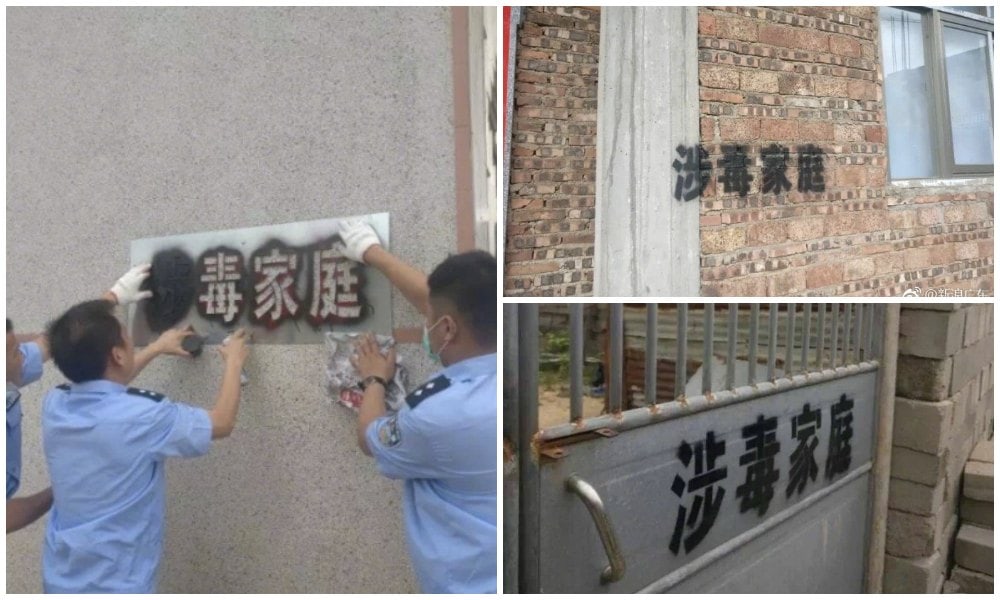

 Chapter Dive7 months ago
Chapter Dive7 months ago
 Chapter Dive10 months ago
Chapter Dive10 months ago
 China Insight6 months ago
China Insight6 months ago
 Chapter Dive10 months ago
Chapter Dive10 months ago
